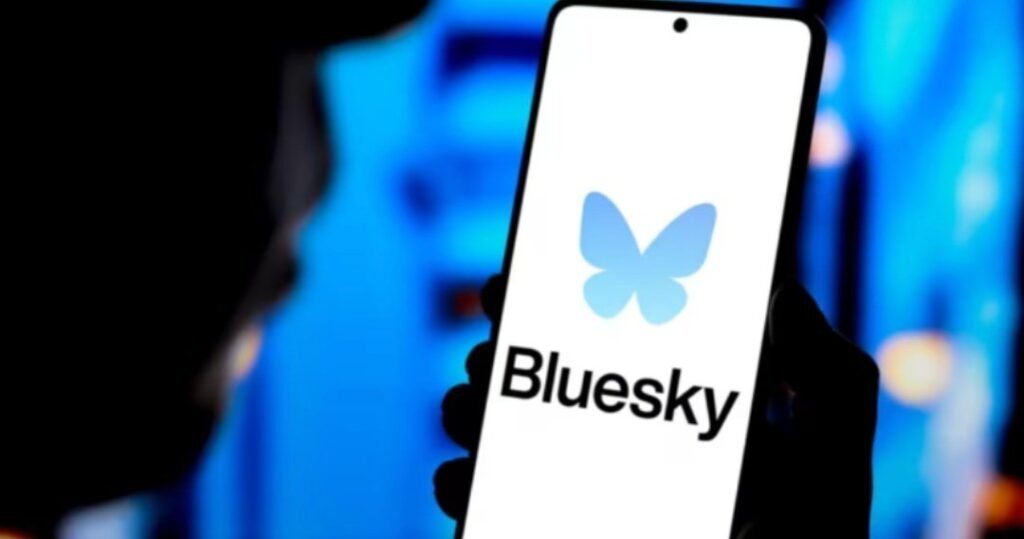BlueSky, the social media platform founded by Jack Dorsey, has emerged as a popular alternative to X , particularly in regions where X faces accessibility issues. In Pakistan, X is no longer accessible without a VPN, prompting users to explore other platforms like BlueSky. Since its public launch in February 2024, BlueSky has steadily gained traction, offering features similar to X but with a focus on providing a cleaner, more user-friendly digital space.
The platform’s growth has been remarkable, with its user base increasing from 13 million in late October to 15 million by mid-November 2024, according to the Associated Press. Much of this growth has been fueled by dissatisfaction with X’s recent policies, such as allowing blocked accounts to view public posts. Controversial decisions like these have driven users to explore alternatives, with BlueSky consistently benefiting from these migrations. For instance, when X faced a ban in Brazil earlier this year, BlueSky gained 2.6 million new users, 85% of whom were Brazilian.
BlueSky’s appeal lies in its resemblance to the early days of Twitter, evoking nostalgia among long-time social media users. Its ad-free and hate-speech-free environment has attracted journalists, politicians, and celebrities who value a more positive and less chaotic online space. Many users have embraced BlueSky as a platform to share memes, voice their opinions, and engage in meaningful conversations, distinguishing it as a creative and inclusive alternative to X.
Jack Dorsey’s vision for BlueSky began in 2022 following Elon Musk’s acquisition of Twitter, but its initial rollout was limited to a small group of users. Since then, it has transformed into a mainstream platform, providing a much-needed space for users disillusioned with X. As BlueSky continues to gain momentum, it represents a growing shift in social media preferences, emphasizing user satisfaction and community-driven engagement.


